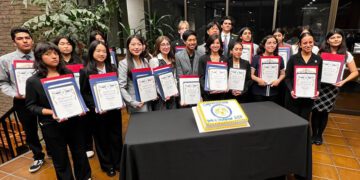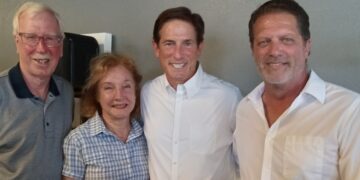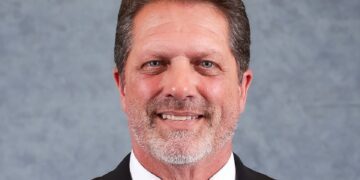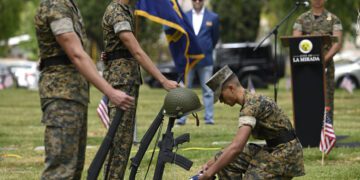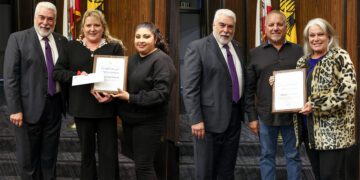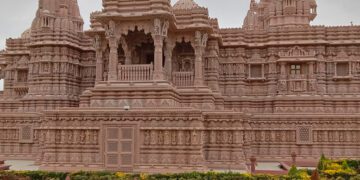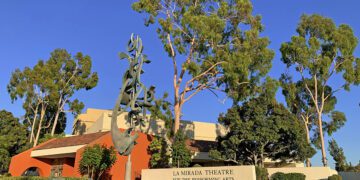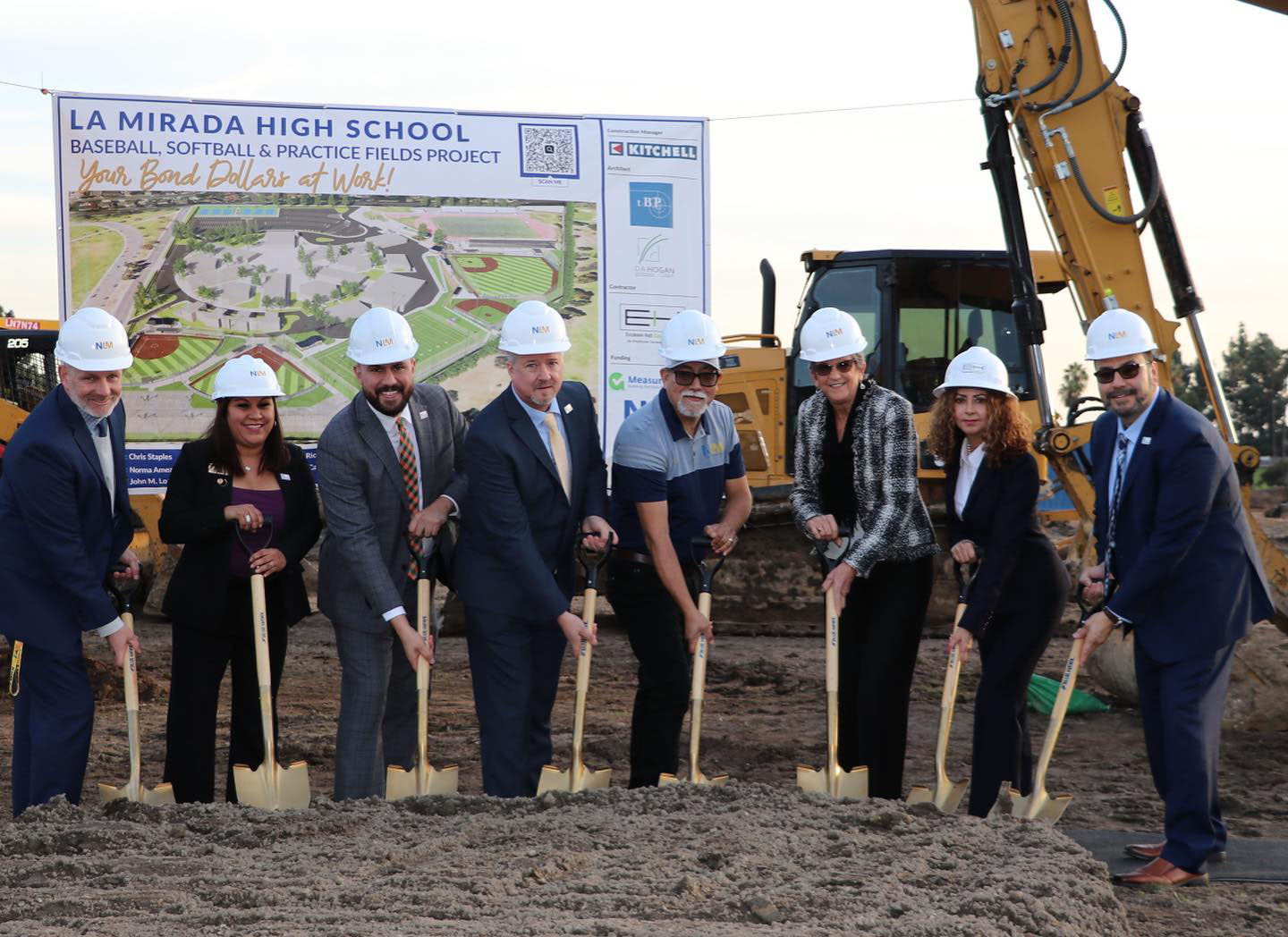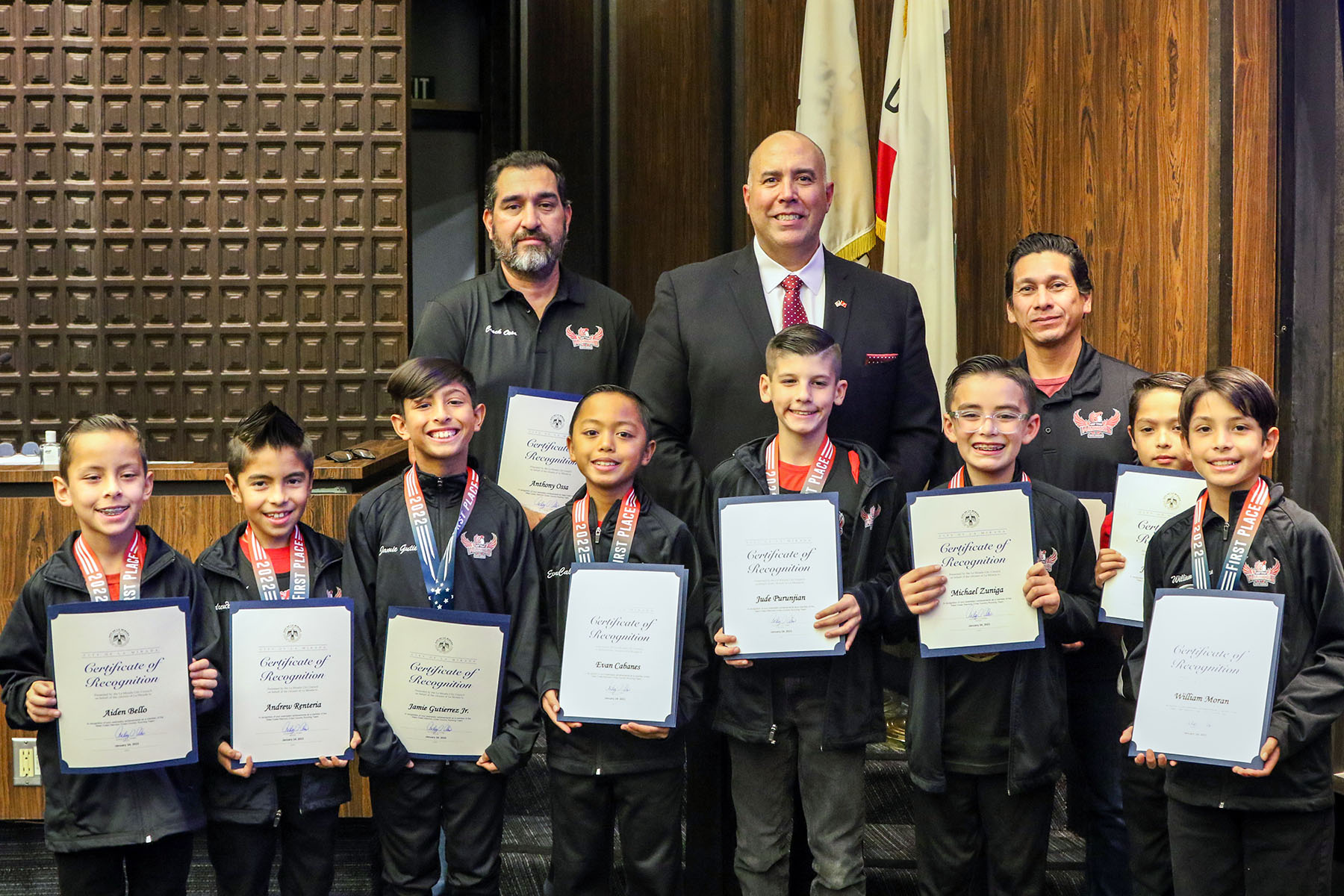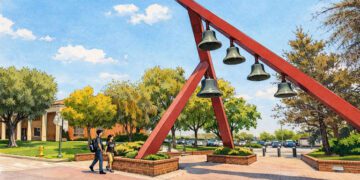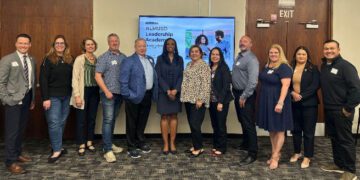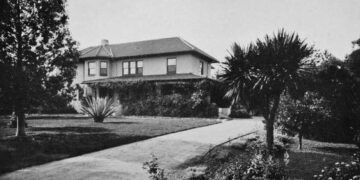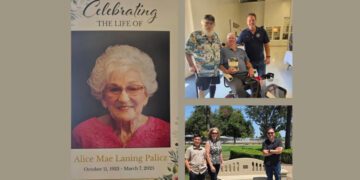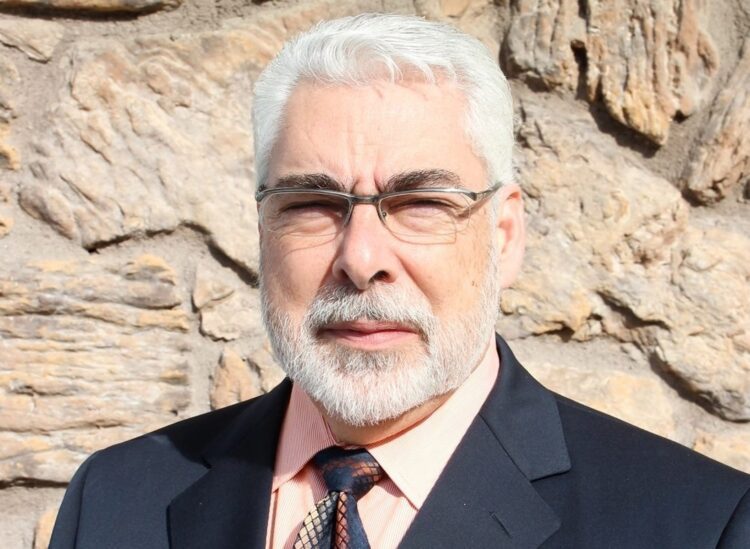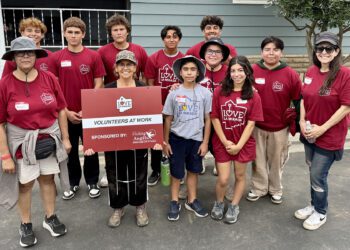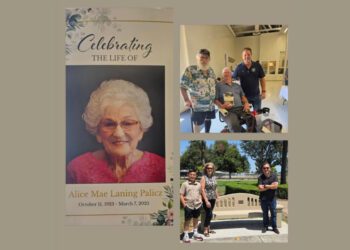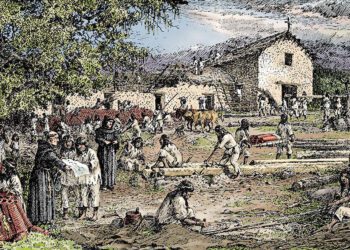“There is a separation between church and state” we hear this all the time but what does it mean? It depends on who you ask. To the ungodly, it means church people need to stay out of government. On the other hand, Christians will respond with a similar statement or assume it means the church and its leaders should stay out of politics, while others will advance an agenda for the United States to become a Religious Christian State. Clearly, we are divided over the topic. But the question remains, “What does it mean?”
The issue of Church and State is found in the first amendment of the Bill of Rights which declares, “Congress shall make no law respecting an establishment of religion or prohibiting the free exercise thereof.” The Danbury Baptist Association, a group of twenty-six churches in western Connecticut and eastern New York wrote to then President of the United States Thomas Jefferson in 1802 asking for clarification on the matter of religious liberty as outlined in the Constitution of the United States. Jefferson replies, “I contemplate with sovereign reverence that act of the whole American people which declared that their legislature should ʺmake no law respecting an establishment of religion, or prohibiting the free exercise thereof,” thus building a wall of separation between Church & State.” Jefferson plainly affirms the sentiment of the Constitution that “government” shall not create laws that govern religion or prohibit religious liberty. Jefferson does not prohibit interaction between Church and State he asserts that government shall not interfere with religious liberty.
If we understand and apply this edit as Christians, we are free to interact with Local, County, State, and Federal authorities on any level. In other words, there is nothing that impedes the religious from taking part in government as an elected official, appointed commissioner and so on. Religious liberty protects the Church and other such groups from government interference. Whether one decides to engage the political side of life or not, they have the freedom to make that choice. Surely, politics could benefit from values that are derived from the Scriptures, after all it is God who gave the people moral and social laws in Exodus, Leviticus, Deuteronomy, and throughout the New Testament.
As Director of the Los Angeles Southern Baptist Association and as four-time Mayor in the City of La Mirada I am not advocating for pastors and all church members to become active in government. Rather, I am highlighting a potential pathway for the local church. In 1998 I planted a church in La Mirada, California. Like any church planter I wanted to engage the local community with the Gospel. I met with city officials asking, what the needs of the city are and how can I help. Cities thrive on volunteers for various reasons such as participating in city wide events, community crime watch groups, and service days where members of the community go out and help staff. Plus, local commissions such as Community Service, Planning, and Public Safety are handled by local citizens. This information created the pathway to ministry within our city. The church grew through contact with the community. I was selected to be on a commission and that created an additional conduit for the church to get involved and share the Gospel. As a Councilmember and Mayor, I bring a skill set that is informed biblically and sets a standard of actions that move away from the mechanisms that impede government. If you are looking for a new way to reach your city for Christ, the separation of Church and State clause in the First Amendment might be a liberating factor in your ministry.
Steve De Ruse D.Min.
Association Director, Los Angeles Southern Baptist Association.
City Councilmember, City of La Mirada

